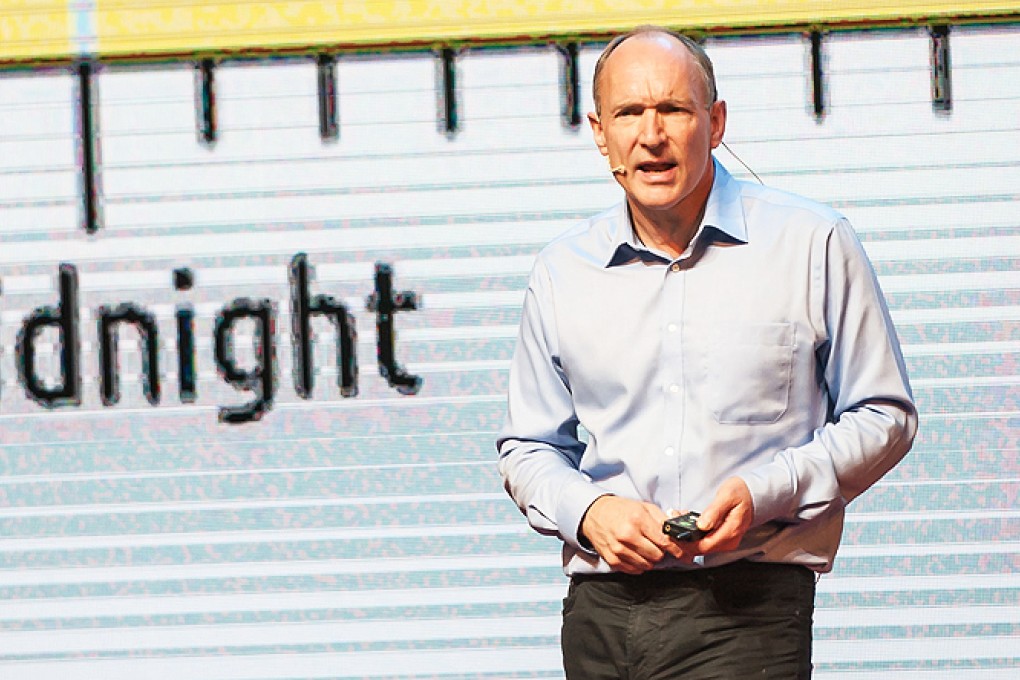Surveillance threatens democracy, web inventor warns
Tim Berners-Lee cautions the web's freedom and openness are under threat from government censorship

The scientist credited with inventing the World Wide Web spoke out on Friday against what he called a “growing tide of surveillance and censorship,” warning that it is threatening the future of democracy.
Tim Berners-Lee, who launched the web in 1990, made the remarks as he released his World Wide Web Foundation’s annual report tracking the web’s impact and global censorship. The index ranked Sweden first in web access, openness and freedom, followed by Norway, the UK and the US.
“One of the most encouraging findings of this year’s Web Index is how the web and social media are increasingly spurring people to organise, take action and try to expose wrongdoing in every region of the world,” said Berners-Lee, 58.
“But some governments are threatened by this, and a growing tide of surveillance and censorship now threatens the future of democracy,” he said, adding that steps need to be taken to protect privacy rights and ensure users can continue to gather and speak out freely online.
The warning from Berners-Lees is the latest in a global debate about surveillance and privacy, sparked by the release of classified documents leaked by former National Security Agency analyst Edward Snowden that showed the extent of government spying on people’s online lives. While the leaks focused on the work of the NSA, scrutiny has since spread to other Western intelligence agencies.
“A growing tide of surveillance and censorship now threatens the future of democracy.”
Friday’s report said online spying and blocking are on the rise around the world, and politically sensitive web content is blocked in almost one in three countries. Despite their high overall rankings, the US and Britain both received mediocre scores for safeguarding users’ privacy.